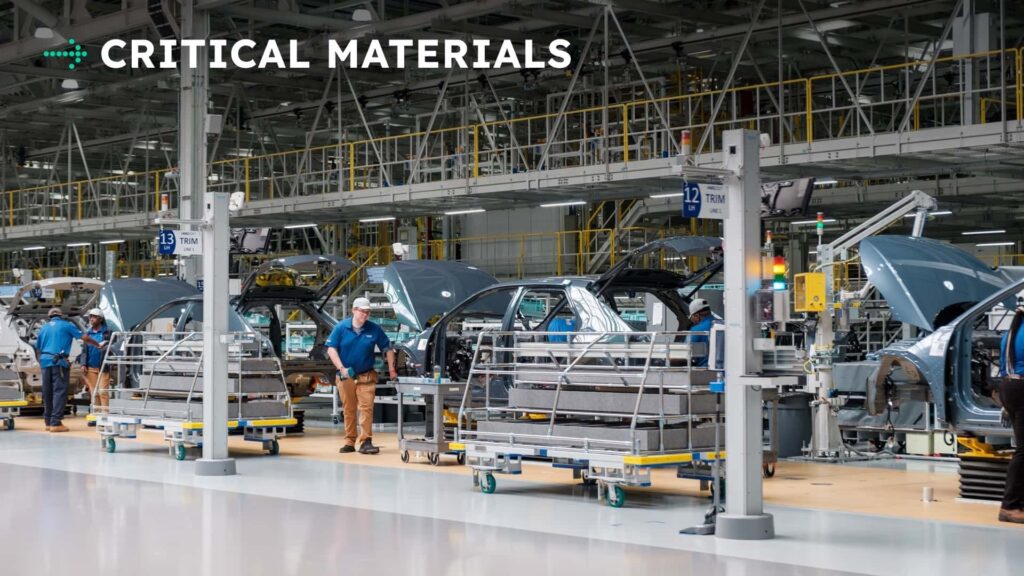Earlier this month, U.S. Immigration and Customs Enforcement conducted a massive enforcement operation at the LG Energy Solution battery plant near Hyundai’s Metaplant America electric vehicle factory in Georgia. Approximately 475 workers were detained, with about 300 of them being Korean nationals. This incident has sparked outrage in South Korea, where the treatment of the detained workers was described as “hell-like” in a report by Bloomberg.
The detained workers, who were highly skilled and trained, were subjected to deplorable conditions, including being forced to sleep near urinals and eat foul-smelling food. The inhumane treatment has led to calls for boycotts of American goods and a shift in consumer preferences in the Korean EV market. Some buyers are now avoiding American cars in response to the raid.
The backlash from the immigration raid has even impacted the relationship between the two countries, threatening to disrupt the investments and operations of Korean companies in the U.S. The Trump administration has attempted to do damage control by stating that foreign workers are still welcome in the country to prevent any further negative impact on foreign investments.
In other news, Waymo has partnered with Via to introduce driverless taxis as part of public transportation in Chandler, Arizona. The robotaxis will be integrated into the city’s on-demand public transport service, Chandler Flex, providing residents with a more convenient and affordable transportation option.
Meanwhile, Scout Motors has announced a $300 million investment in South Carolina to build a plant for manufacturing the Scout Terra truck and Traveler SUV. This investment will create new jobs and contribute to the growth of the local economy. Production of the Scout EVs is expected to begin by the end of 2027, with deliveries starting in early 2028.
The integration of robotaxis into public transit systems, the expansion of manufacturing facilities for electric vehicles, and the adoption of new technologies are all shaping the future of transportation and electric cars. As the industry continues to evolve, it will be interesting to see how these developments impact consumer preferences and the overall market dynamics.

